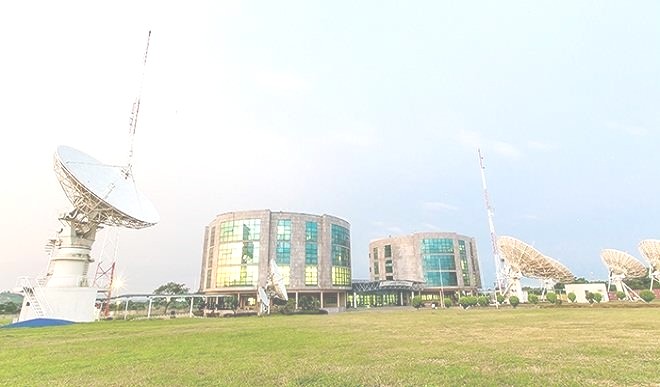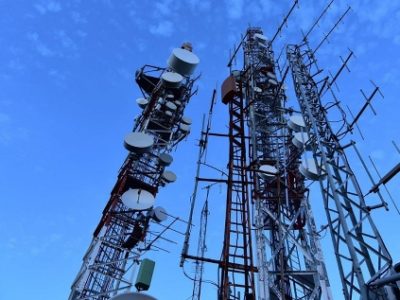By Aanuoluwa Omotosho and Jacob Musa
Ten years after launching her first communications satellite, Nigeria has firmed up plans to launch two more communication satellites to further consolidate its grip in the communication satellite (comsat) market. Both China Great Wall Industry Corporation(CGWIC) and Export-Import (EXIM) Bank of China will be committing about $550m to produce and launch the two new satellites for the Nigerian Communications Satellite (NigComSat) Limited, the government owned comsat company. The two new satellites are expected to be in orbit by 2020.
According to Nigeria’s Minister of Communications, Adebayo Shittu, during a short media interaction in Abuja yesterday, after a meeting with President Muhammadu Buhari, the two satellites will be entirely funded by China as equity investment to jettison an earlier arrangement that would have required Nigeria to provide 15 per cent counterpart funding for the two satellites. The $550m investment gives CGWIC and China EXIM Bank equity stakes in NigComSat which the Shittu did not disclose.
“Because we could not afford this 15 per cent, we have renegotiated with the China EXIM Bank and the China Great Walls, who are the manufacturers, and they have happily agreed to pay the entire $550m to procure two new satellites,” said Shittu.
“This is a very big business opportunity, The Chinese appreciate the potential market, which is so vast, and that is why they have agreed that even without our ability to contribute 15 per cent, they are prepared to pay the entire sum of $550m for the procurement of the two new satellites for Nigeria,” added Shittu.
Nigeria’s first communications satellite, NigComSat-1 was first launched 13 May 2007, aboard a Chinese Long March 3B carrier rocket, from the Xichang Satellite Launch Centre in China. It was built by CGWIC to begin partnership between the Chinese company and NigComSat.
However, on 10 November 2008, NigComSat-1 failed in space and was switched off to avoid a possible collision with other satellites. The failed satellite was replaced with NigComSat-1R following a new deal signed by Nigeria and China March 24, 2009. NigComSat-1R has remained in orbit since it went into operation and has a lifespan of about 15 years.
The two satellites are expected both expand the satellite backbone services of NigComSat across continents and also assure its growing number of clients of fallback support in case of emergencies.
With equity presence of China in NigComSat, Nigeria hopes to leverage on China’s global might to expand the market reach of its satcom services beyond the continent.
“Nigeria has nothing to lose because we are not putting anything into it in terms of financial resources. The president was excited and was not surprised because the Chinese are not just going to market our satellite to the entire African continent, but also perhaps by legislation insists that all Nigerian entities must patronise the Nigerian satellite company rather than going to Israel, UK and US for satellite services,” said Shittu hinting at the possibility of government making it statutorily mandatory for local companies including the public sector to patronize NigComSat services as first choice in line with existing local content policy.





























